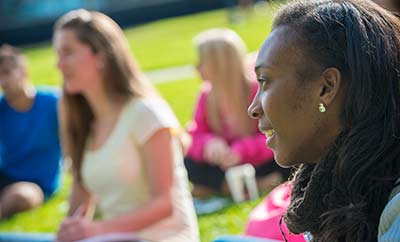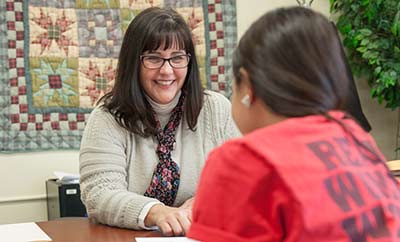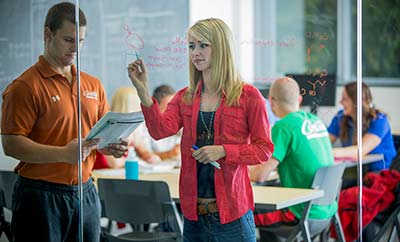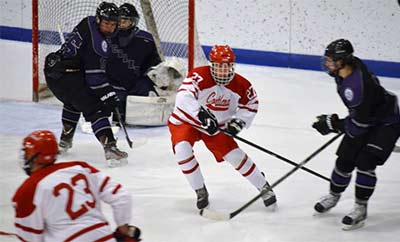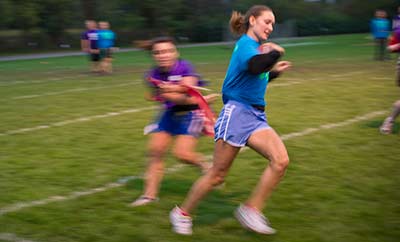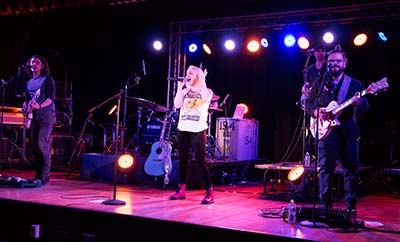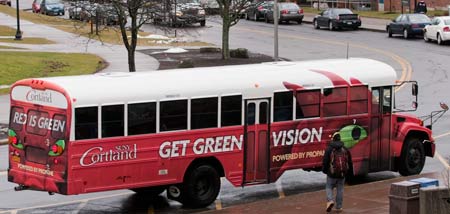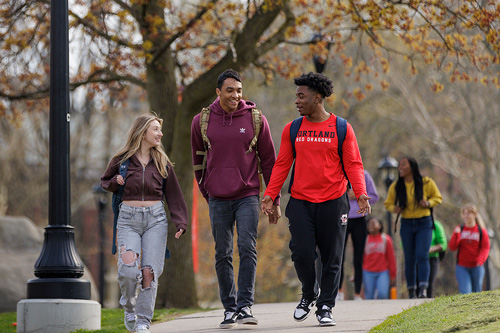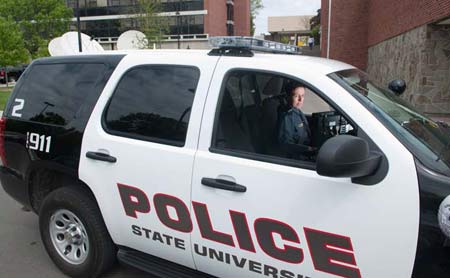Yes, SUNY Cortland awards academic merit scholarships to a select number of incoming students. These awards are very competitive and all recipients are notified in their letter of acceptance. Accepted students also may apply for a limited number of endowed scholarships. Learn more about the different types of scholarships that students can earn at the university.
First-year students who are interested in early action admission must apply by Nov. 15. Early action is non-binding, meaning that students are not obligated to attend SUNY Cortland if they are accepted. The recommended application date for first-year students is Dec. 1.
The transfer admissions process is rolling. The recommended application date for transfer students who are interested in starting in the spring is Nov. 1; the recommended application date for transfer students who are interested in starting in the fall is March 1.
Yes. All students can have a vehicle on campus, provided they have purchased a parking permit. Learn more about campus parking information.
Interviews are not considered as part of the official application process.
We do not offer a legacy admissions or scholarship program, although we always welcome letters of recommendation from SUNY Cortland Alumni.
Of course. SUNY Cortland emphasizes hands-on learning in every discipline. More than 80% of SUNY Cortland students complete an applied learning experience, whether their path is a semester-long internship, grant-funded research or life-changing service. Learn more about Career Services, SUNY Cortland's Undergraduate Research Council and the College's Institute for Civic Engagement.
The Educational Opportunity Program (EOP) welcomes applications from promising students who require special admissions consideration and qualify as economically disadvantaged according to specific guidelines. Students who excel in the arts, athletics or writing may be offered special talent admission, provided they also meet academic criteria.
SUNY Cortland housed the first study abroad program in the State University of New York system. The College’s International Programs Office continues that great work today, offering more than 60 programs from campus and the ability to study abroad through hundreds of additional opportunities in the SUNY system. Visit the study abroad webpage to explore the options in greater detail.
Yes. Send a brief email to admissions@cortland.edu with your full name, date of birth, the major to which you applied and the major you’d like to pursue. We will let you know when the change has been made or notify you in the event that we cannot accommodate the request.
Yes, freshmen are required to live on campus for their first two years and transfer students are required to live on campus for one year. After that, students may remain on campus or move off campus.
All residence halls are co-ed by floor for high-rise and suite-style buildings and by wing for the low-rise and corridor-style buildings.
Approximately half of all undergraduate students live on campus, while the rest live in off-campus housing nearby. On-campus housing is available to all students.
The majority of undergraduate students — 95% — are from New York state, but the College receives applications from across the U.S. and the world. SUNY Cortland students represent 31 states and 45 countries.
